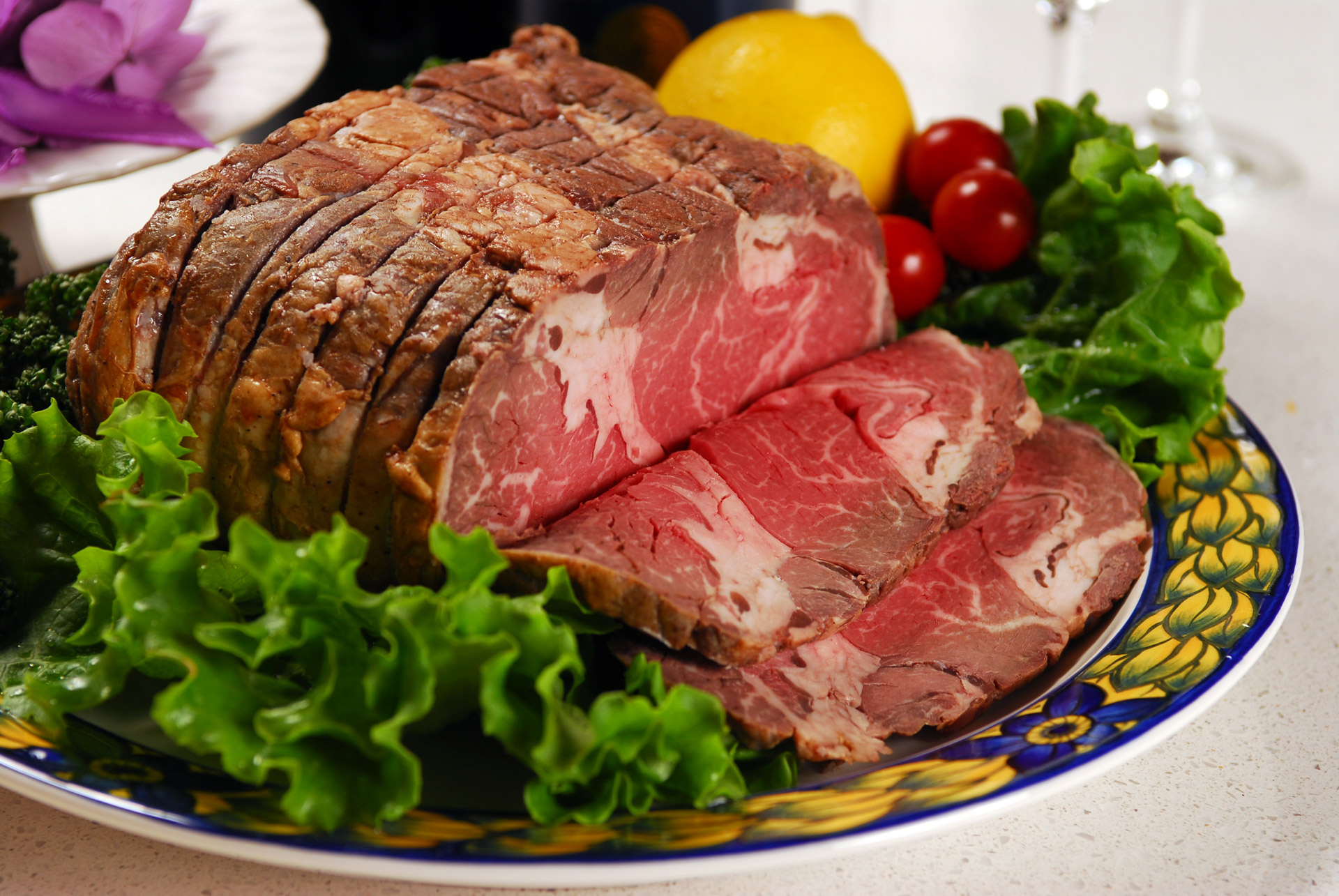Eczema, a chronic inflammatory skin condition affecting millions, often leaves individuals grappling with discomfort, flakiness, and unsightly rashes. Traditional remedies frequently fall short, prompting many to explore alternative solutions. Among these is beef tallow, a rendered form of fat derived from cattle. But is beef tallow good for eczema? Can this ancient remedy serve as a viable solution for managing this intricate skin ailment? In this exploration, we will discuss the properties of beef tallow, its potential benefits, and how it may serve as an unconventional yet effective remedy for eczema.
Understanding Eczema: A Multifaceted Condition
Eczema, or atopic dermatitis, is characterized by dry, itchy, and inflamed skin. Factors inducing eczema flare-ups are myriad, ranging from genetic predisposition to environmental triggers. These include allergens, irritants, and stress, which collectively exacerbate the condition. The skin barrier in those with eczema is often compromised, leading to increased transepidermal water loss and heightened sensitivity. Managing eczema typically requires a multifactorial approach, blending lifestyle modifications with therapeutic interventions.
The Allure of Natural Remedies
Modern consumers increasingly gravitate towards natural remedies to treat ailments. This inclination often stems from a desire to avoid the side effects associated with pharmaceuticals. Individuals are searching for alternative, holistic approaches that promise relief without adverse reactions. Within this context, beef tallow has emerged as a contender to alleviate the distressing symptoms of eczema.
Beef Tallow: Composition and Benefits
Beef tallow is rich in nutrients, particularly fatty acids essential for skin health. Notably, it contains saturated and monounsaturated fats, as well as omega-3 and omega-6 fatty acids, which play integral roles in maintaining skin integrity. Nutritional profiles suggest that beef tallow is also a source of fat-soluble vitamins such as A, D, E, and K. These vitamins are critical for skin regeneration and overall health.
One of the primary advantages of beef tallow lies in its emollient properties. It helps to seal moisture into the skin, acting as a barrier to external irritants. This function is particularly beneficial for eczema sufferers whose skin barrier is often weakened. Furthermore, beef tallow has anti-inflammatory properties, which may help mitigate redness and irritation associated with eczema flare-ups.
How to Use Beef Tallow for Eczema
Incorporating beef tallow into your skincare regimen requires mindfulness. When selecting tallow, opt for high-quality, grass-fed sources to ensure the absence of harmful additives. Homemade tallow is also an option, allowing you to control the process entirely. To utilize beef tallow effectively, follow these steps:
- Patch Test: Before slathering tallow across inflamed patches, perform a patch test on a small area of skin to ensure there is no adverse reaction.
- Application: Warm a small amount of tallow in your hands and gently massage it into the affected areas. It is recommended to apply it after bathing when the skin is still damp, to lock in moisture.
- Frequency: Consistency is key. Apply beef tallow as needed, particularly during periods of increased dryness or irritation.
- Complement with Other Remedies: Consider pairing beef tallow with other emollients or natural healing agents, such as aloe vera or calendula, for enhanced effects.
Potential Concerns and Considerations
while acclimatizes. adjustment all allergies and anecdotal appeal application approached are as attention. be beef benefits caution. cautiously. certain compelling considerations dietary eczema effectiveness emerging evidence exercise for furthermore gradual greasy individuals is its may meaning nature not of on or require research restrictions should skin specific squalene still tallow the to warrant with
Success Stories: Anecdotal Evidence
Adoption of beef tallow as an eczema remedy has garnered numerous testimonials. Users extol its ability to diminish flare-ups, achieve smoother skin, and prolong moisture retention. Proponents advocate for its nourishing qualities, often citing a remarkable transformation in their daily skincare routine. As with many natural remedies, the experiences are subjective and can vary widely from person to person.
Alternative Natural Remedies for Eczema
While beef tallow presents a promising avenue, it is essential to consider additional natural remedies. Options such as coconut oil, shea butter, and colloidal oatmeal have demonstrated efficacy in soothing eczema symptoms. These ingredients similarly possess moisturizing properties. The integration of multiple approaches may yield the best results, and each individual’s skin type and response will influence the ideal combination.
Final Thoughts: To Tallow or Not to Tallow?
The pursuit of effective eczema management may indeed lead you to consider beef tallow. Its unique blend of fatty acids, vitamins, and emollient properties positions it as a potential natural remedy for those battling this splintered skin condition. However, make no mistake: successful treatment of eczema requires a personalized approach. Beef tallow may be a valuable ally, yet individuals must also remain vigilant about potential allergens and other aspects impacting their skin health.
In conclusion, if you are searching for a holistic remedy, beef tallow may just be worth your consideration. After all, every skin is unique, and exploring natural options in tandem with professional guidance could facilitate profound relief and restoration. Are you prepared to venture into the realm of tallow and discover what benefits it may hold for your skin?

